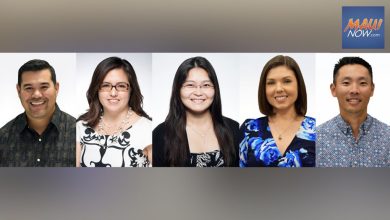UH researchers collecting data on outrigger canoe paddlers’ energy output : Maui Now
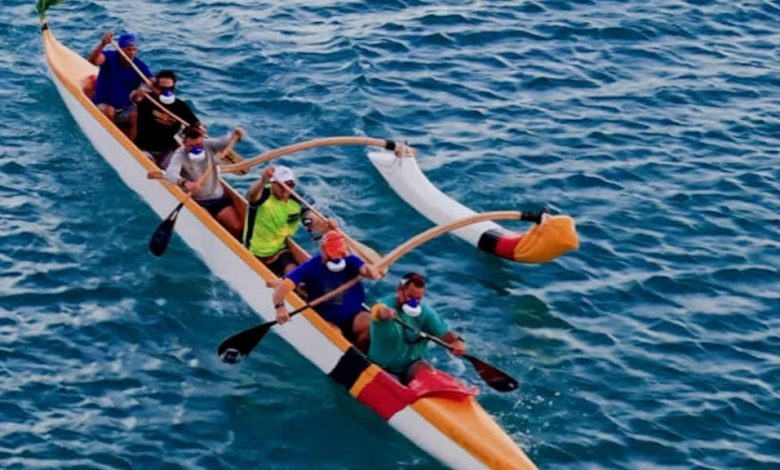
[ad_1]
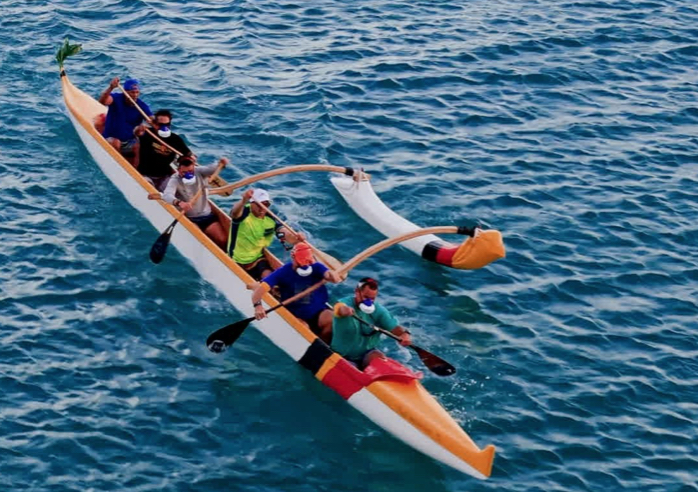
University of Hawaiʻi at Mānoa public health researchers are collecting data from outrigger canoe paddlers to determine canoe paddling’s metabolic equivalents. These show how many calories or energy expenditure a person burns when engaged in a physical activity.
Sixty participants, including competitive and recreational paddlers, were part of the AccessMETS pilot study. Data were collected March 7-10, 2024, at Mauliola Keʻehi (Sand Island Boat Ramp). Initial results from the data collection are anticipated this summer.
Four out of six paddlers per boat wore a portable metabolic analyzer that monitored their body’s response during a 45-minute paddling session. Researchers plan to share with participants data collected from each paddler.
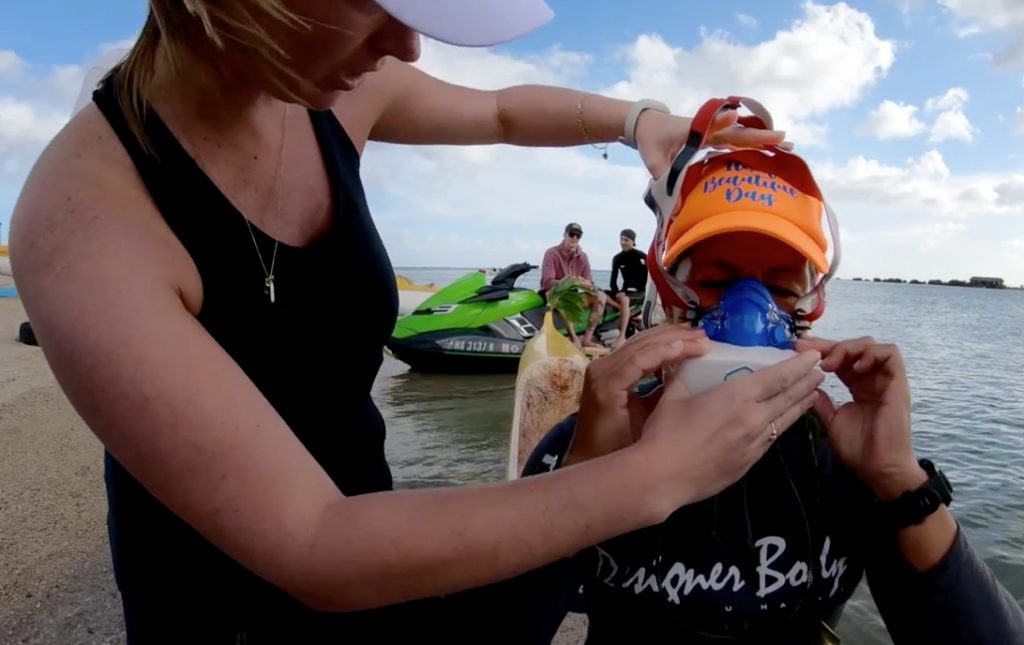
“While many sports and activities, such as walking, running or lifting, have established their METs, outrigger canoe paddling — an important, culturally relevant activity in Hawaiʻi and beyond — has yet to be measured,” said lead researcher Simone Schmid, a post-doctoral researcher in the Thompson School of Social Work & Public Health and the Hawaiʻi Department of Health, Chronic Disease Prevention and Health Promotion Division. Schmid is also a competitive paddler, locally and internationally. “Establishing the corresponding METs will be instrumental in demonstrating the scientific benefits of paddling, including for paddlers who have physical disabilities.”
“This work is very important from a public health perspective,” said project mentor Tetine Sentell, professor of public health and the Chin Sik & Hyun Sook Chung Endowed Chair in Public Health Studies. “Health promotion that supports activities that are important to individuals and communities builds on existing strengths. This has deep value across multiple aspects that support health and well-being.”
Outrigger canoe paddling is Hawaiʻi’s official state team sport, and it’s important for health research as a popular activity that holds a rich cultural significance dating back thousands of years. A recent UH public health study found that 1 out of 5 (20%) Hawaiʻi residents have participated in outrigger paddling. It is particularly popular among Native Hawaiians (42%) and Pacific Islanders (31%).
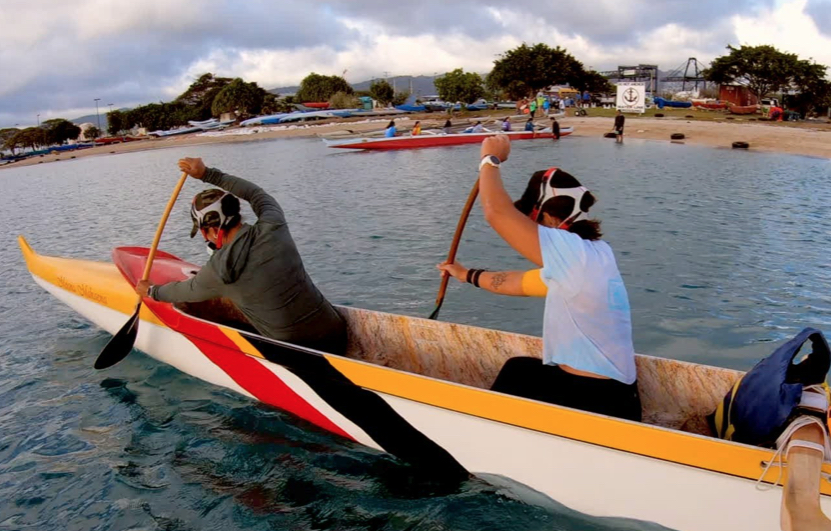
“I got to paddle with friends and meet some really great people who all came together for the benefit of helping the community and this important pilot project,” said veteran paddler Donna Kahiwaokawailani Kahakui, a Hawaiʻi Waterman Hall of Fame Inductee, who supported the study as participant and community advisor hui member. “Hopefully it will continue on and it will get better and better each year that it can go.”
Schmid plans to report study results back to the community, share them at scientific meetings and publish the research later this year. Her long-term mission is to have canoe club memberships covered by health insurance.
“All my career was built around physical activity and health — not knowing it would lead here,” Schmid said. “I fell in love with paddling in 2010. I am thankful for all my coaches and paddling communities for what they taught me. I am grateful to finally have the opportunity to do this METs project alongside the community and amazing paddlers. Mahalo nui to everyone who has made it possible.”
Visit the project website for up-to-date information and complete a public survey to submit ideas for next steps, open through summer 2024.
Schmid was inspired to work on the project and modeled it after the decades-long groundbreaking study in METS for hula led by Native Hawaiian health researchers at the John A. Burns School of Medicine.
Her research began in 2016 during her time as a public health PhD student. While working on her dissertation with AccesSurf Hawaii, Schmid identified a scientific gap in measuring METs during paddling and surfing activities, targeting both individuals with and without disabilities. This became the focus of her project, addressing the unique needs of the community. However, the study required specialized equipment and funding that were not available at that time.
Schmid graduated in 2021 and began a postdoctoral fellowship with the Office of Public Health Studies and the Hawai‘i Department of Health. Three years later, Schmid has gained access to strong, new relationships and mentorship as part of her fellowship.
The project is funded by Ola HAWAII and others. Community partners are AccesSurf Hawaii and Honolulu Pearl Canoe Club. Study partners include the Hawaiʻi State Department of Health, a community advisory hui of competitive and adaptive paddlers, a scientific advisory committee including researchers with Burns School of Medicine’s Department of Native Hawaiian Health, and Dan Heil, an expert in METs measurement.
[ad_2]
Source: Maui News



